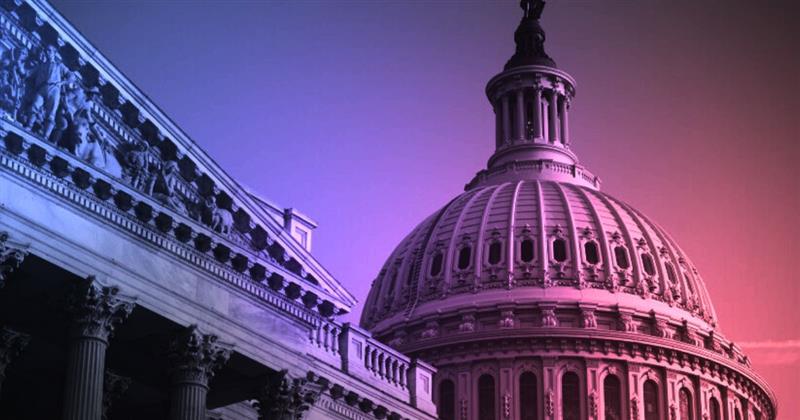A hemp-product ban risks jobs and safety, but a smarter path can protect both.
The Big Picture
The 2018 Farm Bill legalized hemp and sparked a booming industry that now supports over 320,000 jobs and generates $28.4 billion in economic activity. But a Senate provision in the FY 2026 Agriculture Appropriations bill could reverse that progress by banning most hemp-derived products. Instead of eliminating a legal, regulated market, forcing consumers to seek out unregulated black markets, Congress should work with stakeholders to create a national framework that ensures safety and stability.
Zooming In
A thriving industry at risk
Since Congress removed hemp from the federal list of controlled substances, the industry has flourished—creating jobs, supporting farmers, and generating over $1.5 billion in state tax revenue. Like Marijuana before, many states have chosen to allow these products, with restrictions, into the consumer market. The proposed Senate provision would reclassify any hemp-derived product with a “quantifiable amount” of THC—or marketed as having THC-like effects—as illegal. This definition would effectively ban most consumable hemp products currently in the marketplace. Hemp is limited to a 0.3% Delta-9 THC maximum threshold. Hemp has a range of industrial applications due to its fibers and oils, helping produce everything from paper, rope, and packaging to building materials from the fiber, and from its oils to bioplastics, solvents, lubricants, and inks.
Economic fallout from a ban
If passed, the ban would devastate thousands of small businesses and farms. It would eliminate jobs, disrupt supply chains, and force many companies to shut down or move underground. American farmers who grow hemp for legal markets would lose a vital revenue stream, and tens of billions in economic activity could vanish overnight. Meanwhile, states would lose tax revenue overnight, prompting them to consider raising taxes to offset the shortfall. In short, states would narrow the tax base and raise the existing rates.
Consumer safety concerns
Ironically, banning regulated hemp products could make them less safe. Consumers may turn to unregulated or illicit markets, where products are not tested, labeled, or held to safety standards. A federal ban would also create confusion across states, many of which have already implemented their own hemp regulations. A certain type of consumer will still seek out these products in black markets, which will not benefit regulated American businesses. Instead, this will fuel the growth in an illicit trade, benefiting bad actors who have no interest in public health or safety.
A smarter solution: national standards
Rather than banning hemp-derived products through an appropriations bill, Congress should collaborate with industry leaders to create a federal framework that:
- Prohibits dangerous products and requires testing, labeling, and safety warnings.
- Establishes a uniform regulatory baseline across all 50 states.
- Supports economic growth, job creation, and agricultural development.
This approach empowers consumers to make informed decisions by enforcing consistent standards across states. This regulatory framework gives consumers the power to decide, based on accurate testing and descriptions, what is in their best interest. Supporting a uniform approach across all 50 states will eliminate consumer confusion. Businesses would no longer have to worry about individual states picking winners and losers, as Congress will have exercised its authority under the Commerce Clause to establish a level playing field.
The Numbers
- 320,000 jobs supported by the hemp industry
- $28.4 billion in regulated market activity
- $1.5 billion in state tax revenue
- Thousands of businesses and farms at risk from a federal ban
- Tens of billions in economic activity could be lost

.jpeg)


.jpg)
